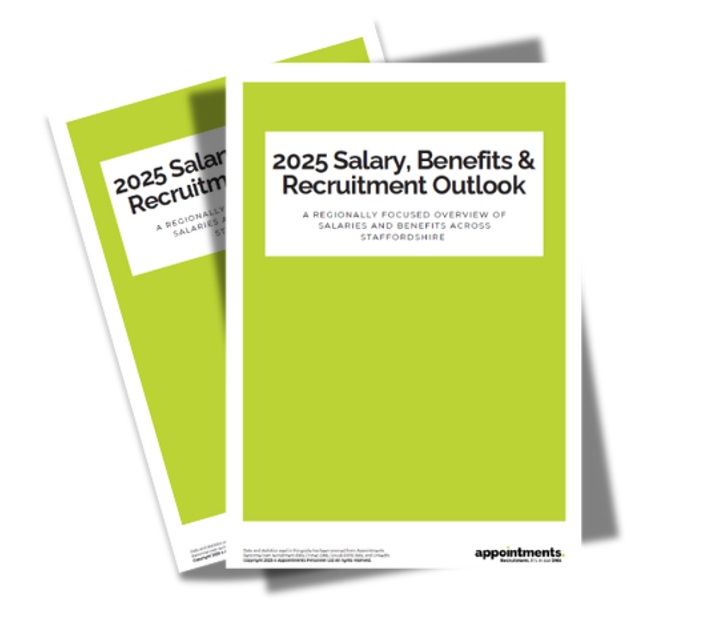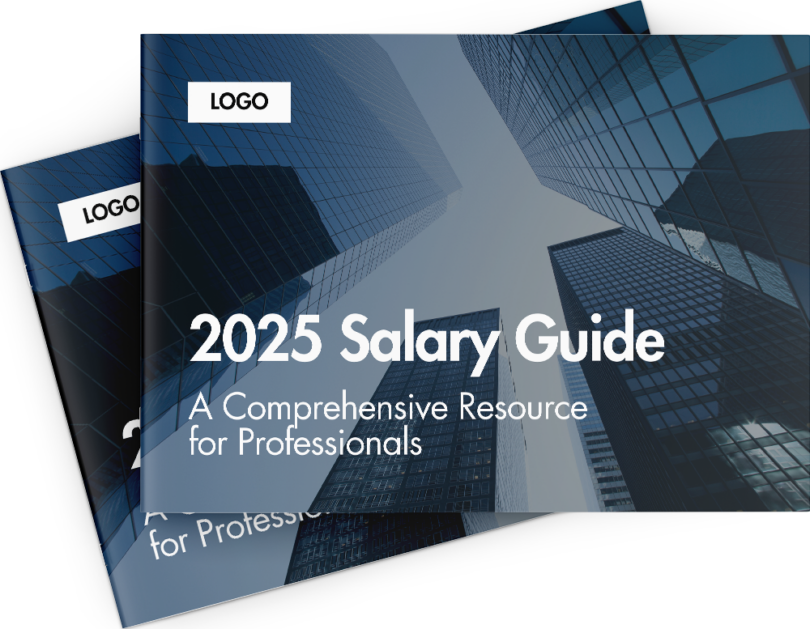
Share Article
How Labour's New Employment Rights Bill Will Impact Your Business
As a local recruitment agency with over 25 years of experience in the Staffordshire and Cheshire regions, we’ve seen plenty of shifts in employment law, but the new Employment Rights Bill could bring some of the most significant changes we’ve witnessed in decades.
With the Labour government’s focus on a “New Deal for Working People,” this bill will reshape how businesses handle everything from employee rights to industrial action. To ensure your business remains compliant and competitive, here’s a breakdown of what you need to know.
Key Reforms in the Bill
- Day-One Protection from Unfair Dismissal - One of the most anticipated changes is the right for employees to be protected from unfair dismissal from the very first day of employment. This marks a departure from the current two-year qualifying period and could affect how you handle hiring and probation. While it adds protection for workers, it also means businesses will need to be more cautious about dismissals, ensuring that robust procedures and fair practices are in place from day one.
- Restrict ‘Fire and Rehire’ Practices - The bill is also expected to crack down on the controversial ‘fire and rehire’ method, which has often been used to reduce staff costs by rehiring employees on less favorable terms. While this practice might not be entirely outlawed, it will become far more restricted, and businesses will need to explore alternative ways of restructuring if this has been a common practice in your industry.
- Zero-Hours Contracts and Predictable Work Hours - Labour is planning to introduce tighter regulations on zero-hours contracts, a common feature in sectors like hospitality and retail. The bill proposes a shift toward more predictable work patterns, with employees entitled to an average-hours contract based on a 12-week reference period. Additionally, businesses will need to provide reasonable notice for shifts and compensate employees for any last-minute cancellations, which could impact how you schedule and manage your workforce.
- Improved Work-Life Balance Measures - The bill will likely also enhance work-life balance by expanding rights such as flexible working from day one. The “right to switch off,” aimed at preventing work encroaching on personal time, is another measure expected to be included. This means employers may need to review communication policies and ensure that employees are not expected to be “always on.”
- Fair Pay and Youth Employment - Labour’s emphasis on fair pay includes plans to abolish the lower minimum wage rate for 18-20-year-olds, meaning all adult workers will be entitled to the same National Living Wage. This will impact sectors like retail and hospitality, where younger workers often fill entry-level roles. Moreover, unpaid internships will be banned unless they are part of a formal training or educational programme, so if your business offers internships, you’ll need to re-evaluate these arrangements.
- Trade Union Reforms - The bill is also set to reverse some of the limitations on trade unions introduced by previous Conservative governments. This includes simplifying the process for union recognition and repealing laws that restricted the right to strike, such as the 2023 Strikes (Minimum Service Levels) Act. Employers will need to be prepared for potential increases in union activity and ensure they’re aware of the legal framework surrounding industrial action.
What This Means for Employers
For businesses in Staffordshire, Cheshire, and beyond, these changes will require careful adaptation. It’s essential to review your current HR policies, contracts, and employment practices to ensure they align with the new legislation. You may also need to consider updating training for managers and HR teams to handle these new responsibilities effectively.
How We Can Help
At our recruitment agency, we’re here to support you through these changes, we have the local expertise and industry knowledge to guide you every step of the way.
The new Employment Rights Bill is just around the corner, and staying ahead of these changes will help protect your business and ensure your employees thrive in a fair, compliant environment. If you’d like to discuss how this impacts your recruitment needs or your current workforce management, don’t hesitate to get in touch with our team today.
By preparing now, you’ll be in the best position to navigate these changes with confidence and keep your business compliant in this new era of employment law.









